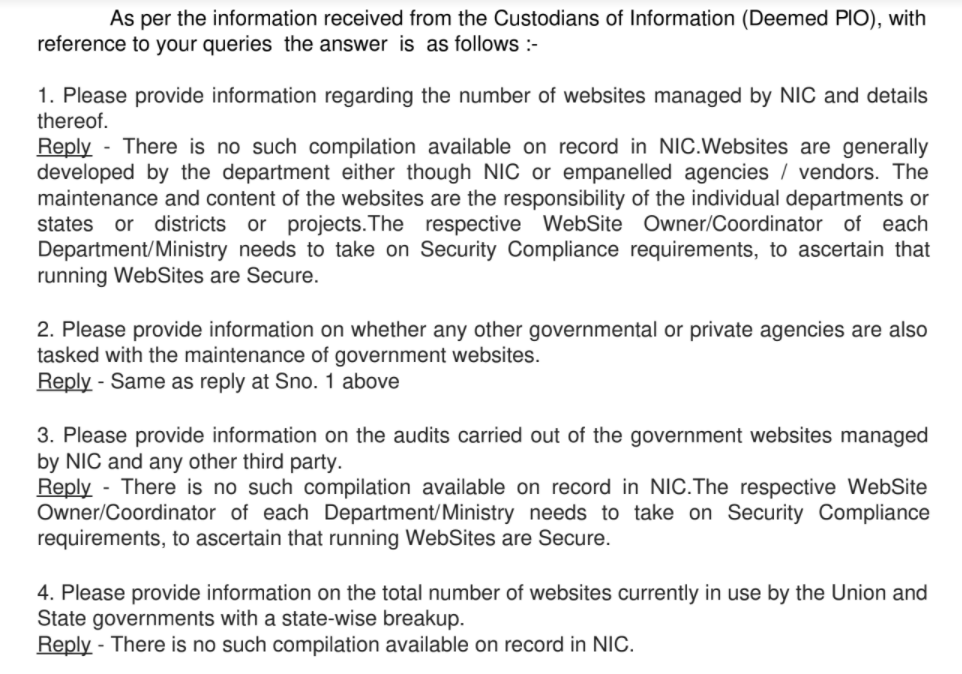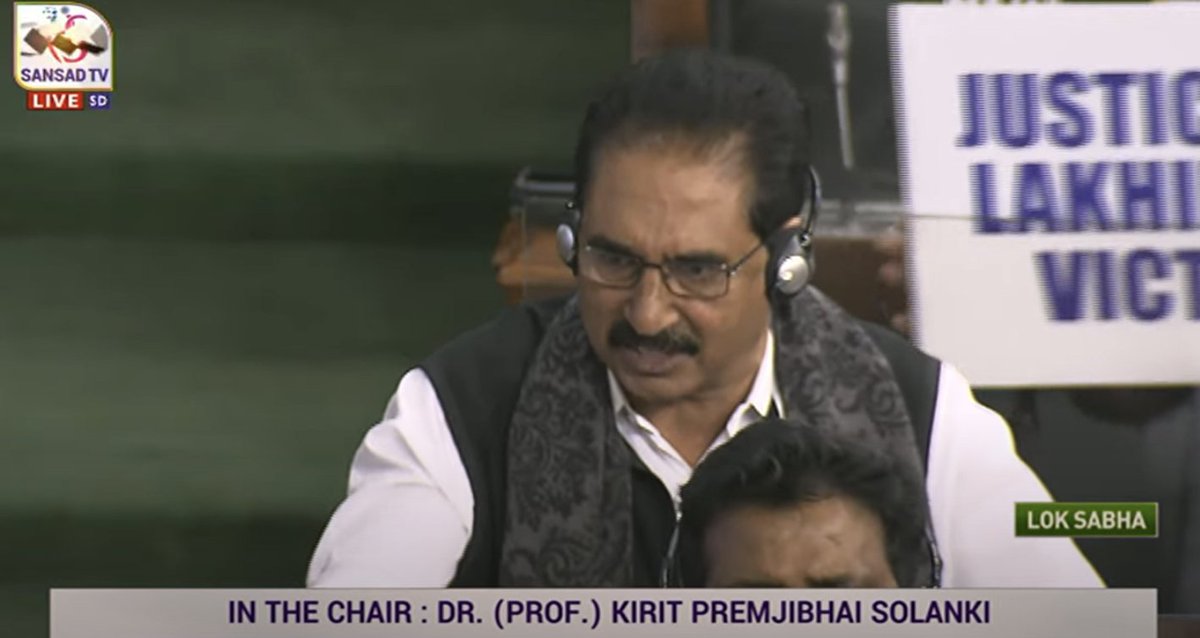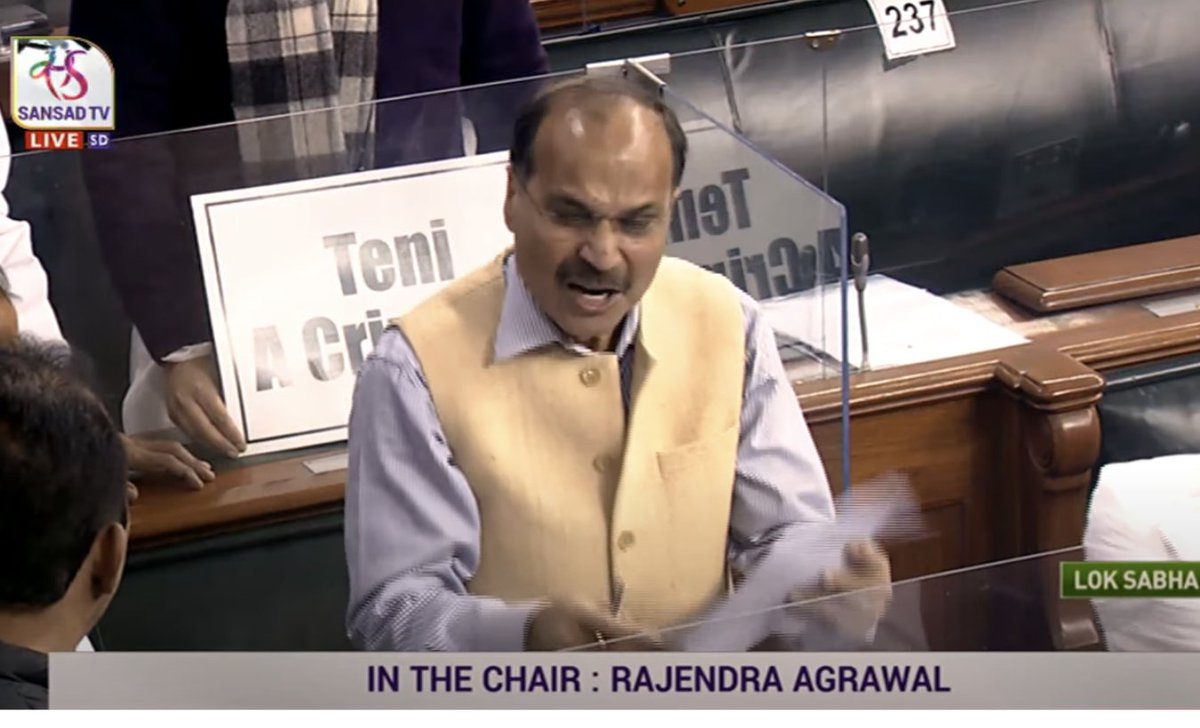
To aid in the ongoing constitutional challenges to the IT Rules, Oxford University’s Pro Bono Publico research centre - @OPBPatOxford has released a report about laws in other countries regulating social media, digital news media and OTT platforms. 1/9
internetfreedom.in/oxford-pro-bon…
internetfreedom.in/oxford-pro-bon…
IFF reached out @OPBPatOxford to last year and asked specific questions on the law of other jurisdictions. We also specified which jurisdictions to examine - these were chosen to reflect political and economic diversity and reduce bias. 2/9
The report found that, in general, other countries
👉🏾 use existing laws to regulate digital content
👉🏾 are influenced by human rights jurisprudence
👉🏾 have not issued targeted laws for digital content, but some are in the process of developing them 3/9
drive.google.com/file/d/1qNs9Vh…
👉🏾 use existing laws to regulate digital content
👉🏾 are influenced by human rights jurisprudence
👉🏾 have not issued targeted laws for digital content, but some are in the process of developing them 3/9
drive.google.com/file/d/1qNs9Vh…
For social media, in other countries -
👉🏾 removable content was linked to existing criminal law
👉🏾 generally no liability for content, except for intellectual property violations and defamation.
👉🏾 Expeditious timelines only for national security and CSAM
4/9
👉🏾 removable content was linked to existing criminal law
👉🏾 generally no liability for content, except for intellectual property violations and defamation.
👉🏾 Expeditious timelines only for national security and CSAM
4/9
For digital news media, in other countries -
👉🏾 removal of news content is difficult unless copyright is violated.
👉🏾 press rights means more difficult removal regime than social media.
OTT platforms in other countries are mostly not regulated, or self-regulated. 5/9
👉🏾 removal of news content is difficult unless copyright is violated.
👉🏾 press rights means more difficult removal regime than social media.
OTT platforms in other countries are mostly not regulated, or self-regulated. 5/9
The IT Rules were issued in Feb 2021, & significantly increase government control over social media, digital news media & OTT platforms. These 3 aspects of the internet are basically the entirety of leisure-time internet usage for millions of Indians! 6/9
internetfreedom.in/intermediaries…
internetfreedom.in/intermediaries…
IFF has legally assisted in challenges to the constitutionality of these Rules before the Kerala & Madras HCs on grounds that they are ultra vires the parent act, & violate privacy & free speech of users. Madras HC has affirmed a stay on Part III. 7/9
internetfreedom.in/madras-high-co…
internetfreedom.in/madras-high-co…
This report represents a year of work by the @OPBPatOxford team at Oxford University. We thank their team of researchers, coordinators and supervisors. In particular, we would like to thank @sameeric, @rupavardhini, Gayathree Devi KT, @VanditaKhanna and MIhika Poddar 8/9
This report will help us continue our fight against the unconstitutional and undemocratic IT Rules!
Donate to help us keep going 9/9
internetfreedom.in/donate/
Donate to help us keep going 9/9
internetfreedom.in/donate/
• • •
Missing some Tweet in this thread? You can try to
force a refresh













